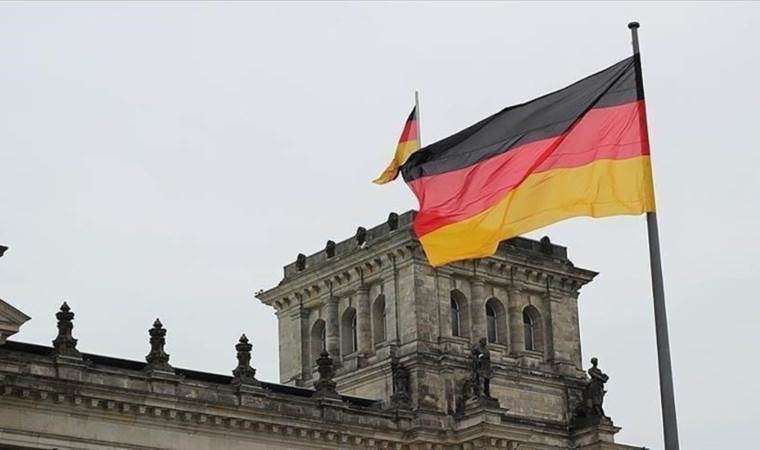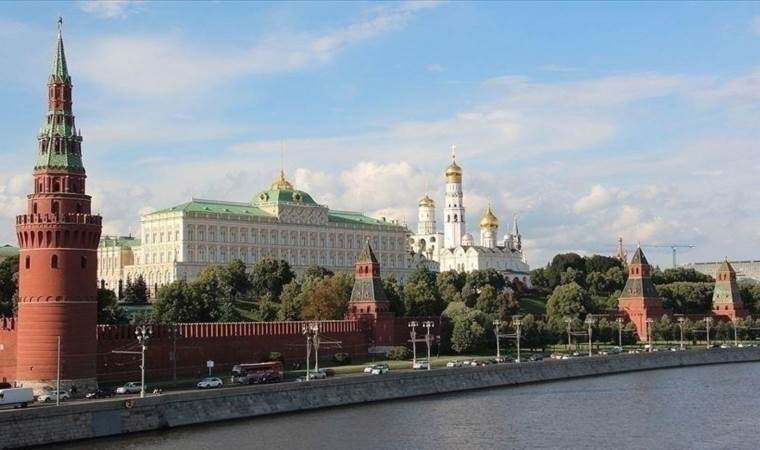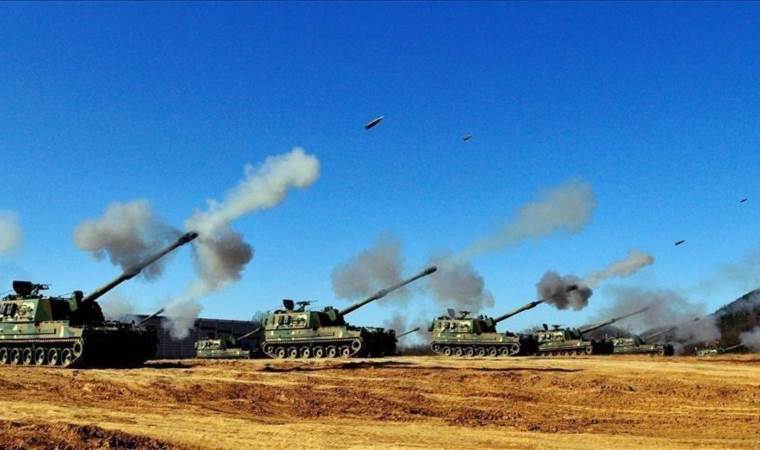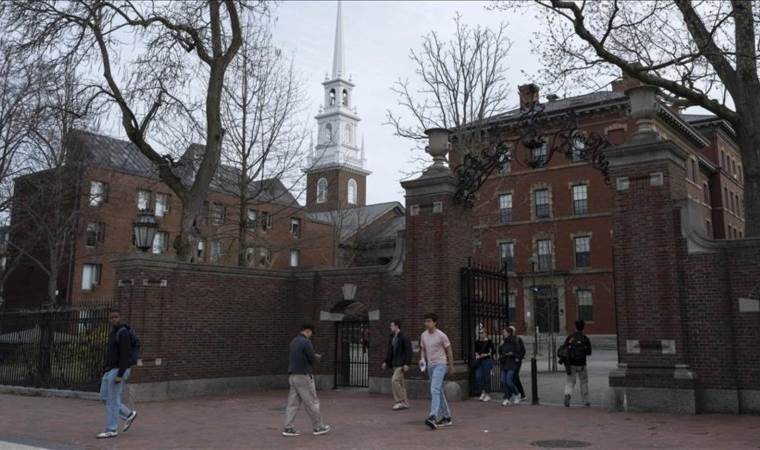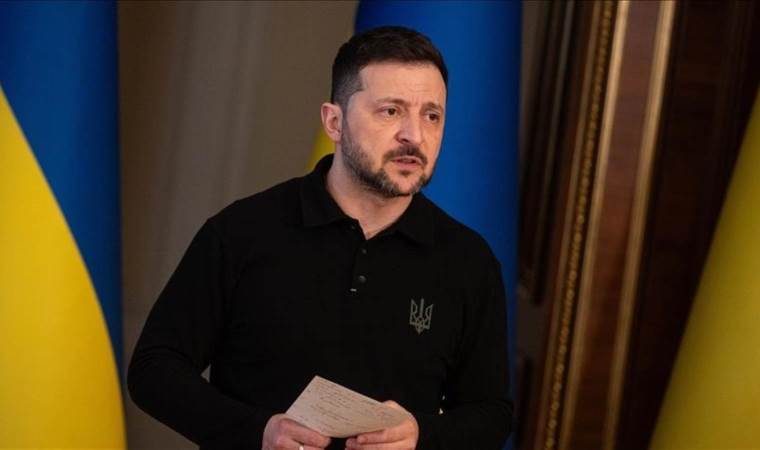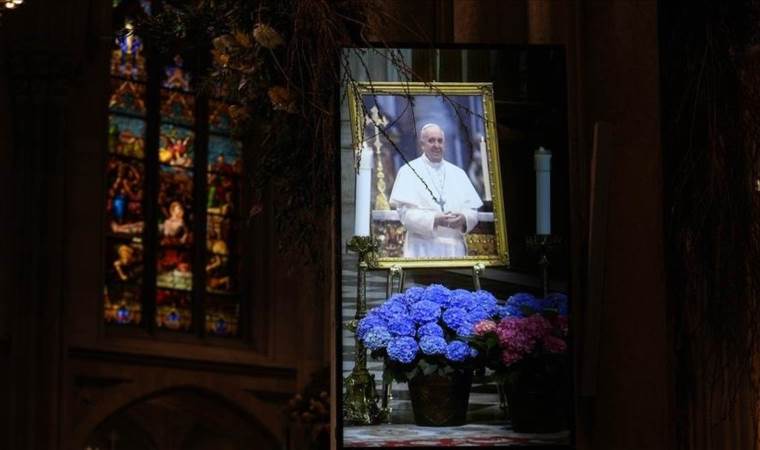Authors Columns of the Day Sport Guest Life All Authors
A Parisian Rhapsody for Atatürk and Cerruti
Dear,
Today is the 10th of November, marking the last day of my 84th year. For many years, the passing of that day has been a sombre affair. In primary school, it was marked by a yellow spotlight projecting on a black curtain, a red flag, chrysanthemums beside the flag, patriotic poems, tears whose content couldn't be understood, speeches, newspapers with black headlines, special publications for the day of national mourning—no fun, no drinking, symphonies on the radio deemed appropriate for this mourning for some reason. A few thought-provoking and beautiful articles, most of them incomprehensible, interspersed with some insinuating attacks, annoying, ignorant praises, and meaningless sophistry. That is how the 10th of November has passed for years. I couldn't commemorate Atatürk's birthday for even a single day, until one day I read an article written by Yiğit Okur in Paris in 1996, in my opinion, the best article ever written to commemorate Atatürk.
Today is 10 November again, and there will be articles about Atatürk. In the midst of the crisis in the judiciary turning into a regime crisis, I am sharing that article with you.
I also have a request: Keep this article! You can read it once in a while, not too often, but once a year on 10 November. And maybe on that occasion, you will remember Mustafa Kemal, Yiğit Okur, and perhaps, unknown to you, me as well.
Now the floor belongs to my dear friend and esteemed writer, the late Yiğit Okur:
1881, an Autumn Afternoon in the Square Madeleine
The Madeleine Church on my right, the Cerruti store opposite, a skinny accordion player in front of me, autumn plane trees leaning over us.
I'm on an empty coffee terrace. It's a deserted afternoon that looks like morning. A crystal mirror the size of a lorry comes down from a covered lorry. Four people are carrying it. The Madeleine Church falls into the mirror, the Cerruti store falls into the mirror, leaves flutter and flutter in the mirror, the accordion player is in the mirror, and voices are reflected in the mirror. A familiar face in the mirror... Who was it, who was it?
Consciousness comes with a shudder. The mirror stands between me and me in the mirror. Four people take the mirror into the shop next door. Everything finds its place.
Autumn plane trees perpendicular to the ground, autumn leaves on the ground, the accordion player in front of me. The song continues and drifts. In front of me is the Cerruti store, a stone building.
I count the floors: one, two, three, four.
I get bored: I count once more from top to bottom: four, three, two, one... On the first floor, on a brass plaque, a date: 1881.
An association that goes back to primary school age. We remembered it as follows: "He was born in Thessaloniki, the son of a customs officer, in 1881. They named him Mustafa. Little Mustafa chasing crows on his uncle's farm..." Haaa! So, on the same date, Grandfather Cerruti was selling top hats dressed in black satin, top hats, long cutaway coats with deep slits, jockey whips with silver handles and short lengths, and trouser belts with laced edges in this store.
Hey there Cerruti!...
Hey there Mustafa!...
Hey, there we go!....
One late autumn, on the Place de la Madeleine under the plane trees...
***
This is writing. There's neither praise nor criticism in it. A square, a plane tree, a shop, two men...
It is told without using an adjective of greatness, without drowning the past in verbiage. Like Yiğit Okur, we follow the story through these elements. In this short story, love without praise, admiration without worship. I have read many articles written for Mustafa Kemal, but I have never come across such a simple, short and succinct one. At the end of the article, like Yiğit Okur, I said,
"Hey there, Cerruti, hey there, Mustafa, and hey there, Yiğit Okur..."
Yazarın Son Yazıları All Columns
Günün Köşe Yazıları
Most Read News
-
 China integrates AI into undergraduate studies
China integrates AI into undergraduate studies
-
 South Korea, US to hold trade talks this week
South Korea, US to hold trade talks this week
-
 Germany cuts economic growth forecast to stagnation for
Germany cuts economic growth forecast to stagnation for
-
 6.3 magnitude earthquake strikes off Indonesia’s Talaud
6.3 magnitude earthquake strikes off Indonesia’s Talaud
-
 Kremlin says Putin open to talks on civilian strikes mor
Kremlin says Putin open to talks on civilian strikes mor
-
 South Korean military holds live-fire drills near inter-
South Korean military holds live-fire drills near inter-
-
 Wife of former US Senator Menendez found guilty in bribe
Wife of former US Senator Menendez found guilty in bribe
-
 Harvard University sues Trump administration over fundin
Harvard University sues Trump administration over fundin
-
 Zelenskyy demands Russian clarity over strikes on civili
Zelenskyy demands Russian clarity over strikes on civili
-
 Pope Francis' funeral to take place on April 26, Vatican
Pope Francis' funeral to take place on April 26, Vatican



